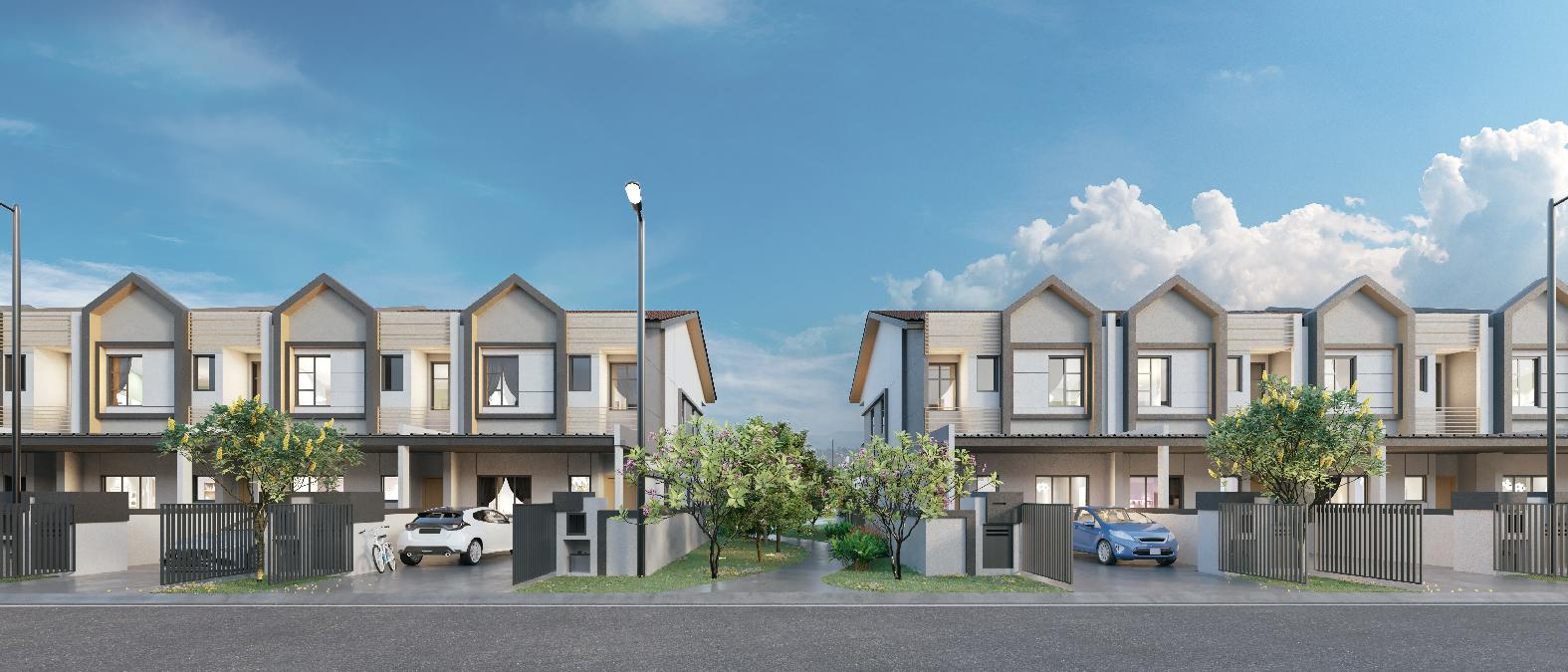The government's proposal for lenders to lower housing loan interest rates is unlikely to be well-received by banks already struggling to boost earnings and loan books. Housing loans, which account for almost a third of the country's RM1.58 trillion total banking system loans or RM487.7 billion at the end of December 2017, have been a sizeable pie for portfolios.
An investment bank-based analyst said on average, mortgages take up 30% of a bank's loan book, depending on the level of the fixed rates where a bank's margin could be tremendously squeezed.
"It's questionable as to what sort of incentive would attract banks to agree, unless they are forced to or given some incentive, but even then, it's hard to see banks willingly saying yes to this" the analyst told The Malaysian Reserve (TMR).
Compared to other loans, car loans for example, the mortgage segment is a relatively stable segment given the fact that people will default first on car loans rather than on a housing loan, he added.
"Banks make money off mortgages, but they also have to spend on their cost of funds because mortgages are covered with fixed deposits, and the competition for fixed deposits is high. So, for them to sacrifice their margins under this proposal is not something desirable" he said.
Bank Negara Malaysia (BNM) raised the Overnight Policy Rate (OPR) by 25 basis points (bps) from 3% to 3.25%, on Jan 25, 2018.
Banks' financing rates are based on the OPR, having said that, many lenders have already begun increasing the said rates, which will in turn, result in higher monthly repayments for mortgages.
Deputy Prime Minister Datuk Seri Dr Ahmad Zahid Hamidi (picture), in aims of lightening the financial load of those applying for housing loans, said on the same day that a proposal to reduce the housing loan interest rates across all banks will soon be presented to the Cabinet.
Initially tabled by the National Housing Department, the proposal will require the approval from both the Cabinet as well as BNM.
The full details on how it intends to reduce the housing loan interest rates have yet to be revealed. Once the Cabinet gives the goahead, BNM is then to meet with commercial banks for further discussion and finalisation.
The analyst added that banks fix their lending rates based on the OPR, with adjustments depending on their ability to offer competitive rates as well as their cost of funds, therefore, having a one-size-fits-all rate for the industry is not plausible.
"The damage is not so much on the bottom line, but on the industry at large because this proposal sends the message to the entire investment community - that there's no free market in Malaysia. Global investors, especially, are particular about free markets" pointed out the analyst, noting that the real issue at hand is not the consumers' monthly repayments; rather the affordability of homes as a whole.
Data from the National Property Information Centre (NAPIC), recorded 130,690 unsold residential units, the highest in a decade, during the first quarter of 2017.
The Association of Valuers, Property Managers, Estate Agents and Property Consultants in the Private Sector Malaysia estimated that the value of unsold - along with unutilised commercial as well as residential properties stands at some RM35.5 billion.
The 130,690 unsold units in NAPIC's report include overhang (completed but unsold) units and also unsold units still under construction, as well as SoHo's (small office/home office) serviced apartments units.
About 83% of the total unsold units were in the RM250,000 category and above price range. Some 61% of the total unsold units were high-rise properties, of which 89% were priced above RM250,000.
Following the OPR hike, banks across the country have begun raising their lending rates by 0.25%.
MIDF Amanah Investment Bank Bhd industry analyst, however, said the increase in instalments is viewed as manageable.
"A 25bps hike is not a large jump, so we don't think the OPR hike will hurt loans demand for all sectors this year. In fact, we believe it will be the driver of loan growth this year as there is still demand in the property sector, particularly in the affordable housing space" he told TMR.
.jpeg)








.jpeg)

